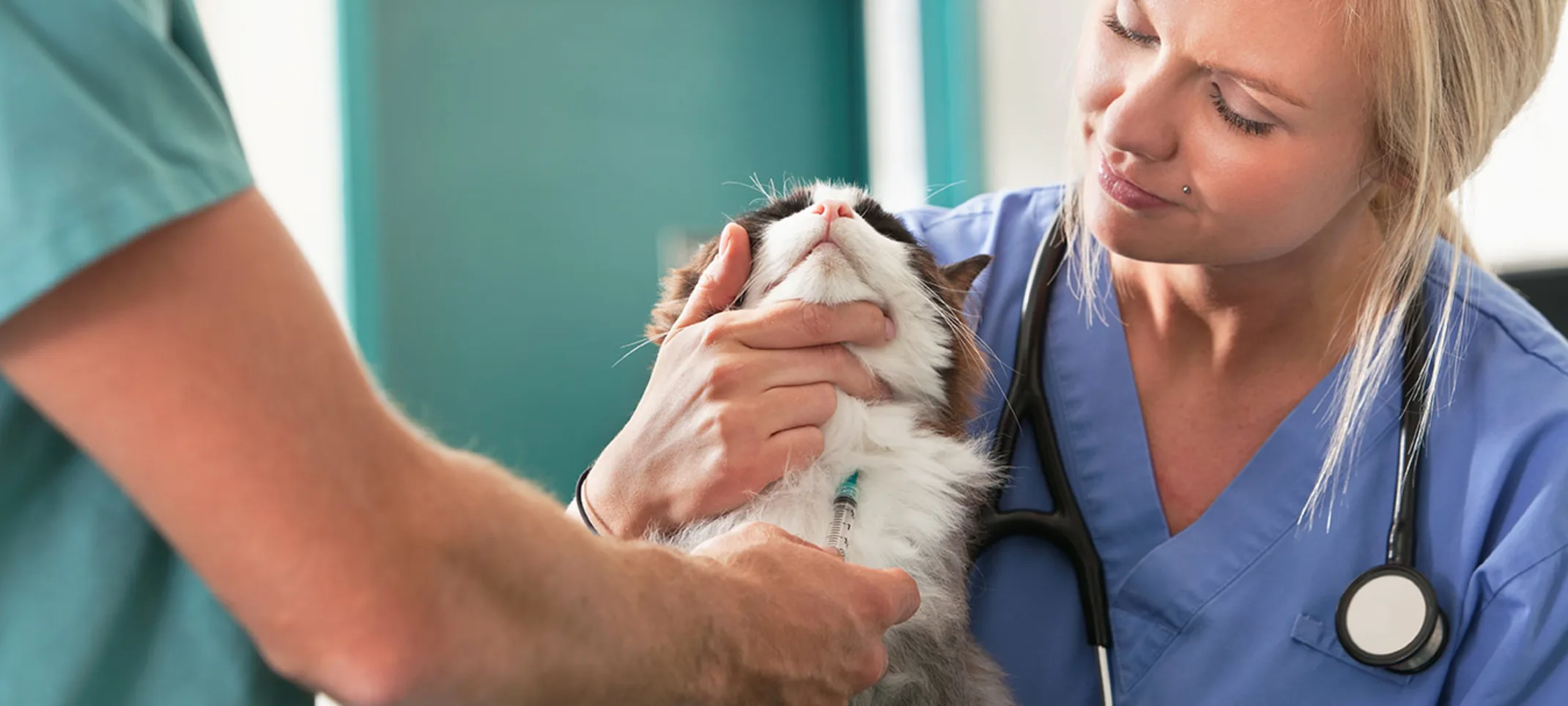Southside Animal Hospital
Laboratory Services
Diagnostic testing can identify problems your pet may be experiencing so that proper treatment can begin before a condition worsens.

Overview
Unfortunately, pets can’t tell us where it hurts, and oftentimes, a healthy appearing animal may be masking symptoms of disease or illness. We recommend veterinary diagnostic testing to identify any problems and to begin treatment as early as possible. These tests are especially helpful when symptoms are unspecific or hard to define.
When would laboratory work be needed?
Most laboratory work is done through routine wellness exams as directed by our doctors. For emergencies or unscheduled visits, our diagnostic lab will run various tests to determine the best treatment for your pet.
We recommend regular tests to determine your pet’s health. If any concerns or conditions are found, we will help you decide on proper treatment. If your pet is showing irregular behavior, please schedule an appointment as soon as possible. Our doctors will determine which laboratory services are appropriate during your exam.
How do veterinarians use laboratory work?
To ensure a proper diagnosis, we first examine your pet by looking at their eyes, ears, and skin; then we check their cardiovascular, neurological, gastrointestinal, and skeletal systems for any abnormalities. We will then perform blood and/or urine tests if necessary to check their kidneys, liver, pancreas, and endocrine system. Based on your pet’s condition, we may recommend further diagnostic testing.
What types of laboratory services are available?
We have in-clinic blood analyzers to perform complete blood counts (CBCs), blood biochemical panels to check liver function, kidney function, protein levels, blood sugar and electrolytes, and coagulation panels. We also have the ability to perform heartworm and fecal parasite testing; screen for tick-borne diseases; test for parvo virus, feline leukemia virus and feline immunodeficiency viruses; check for blood markers of increased heart size in cats; and check for pancreatitis in both dogs and cats. In-house cytology is also available to help determine if that lump or bump is something serious or not.
We also work with numerous reference laboratories to test for fungal disease, cancer, skin disease and other medical conditions.
If you’re concerned that something may be wrong with your pet, please call us to schedule a medical assessment.

